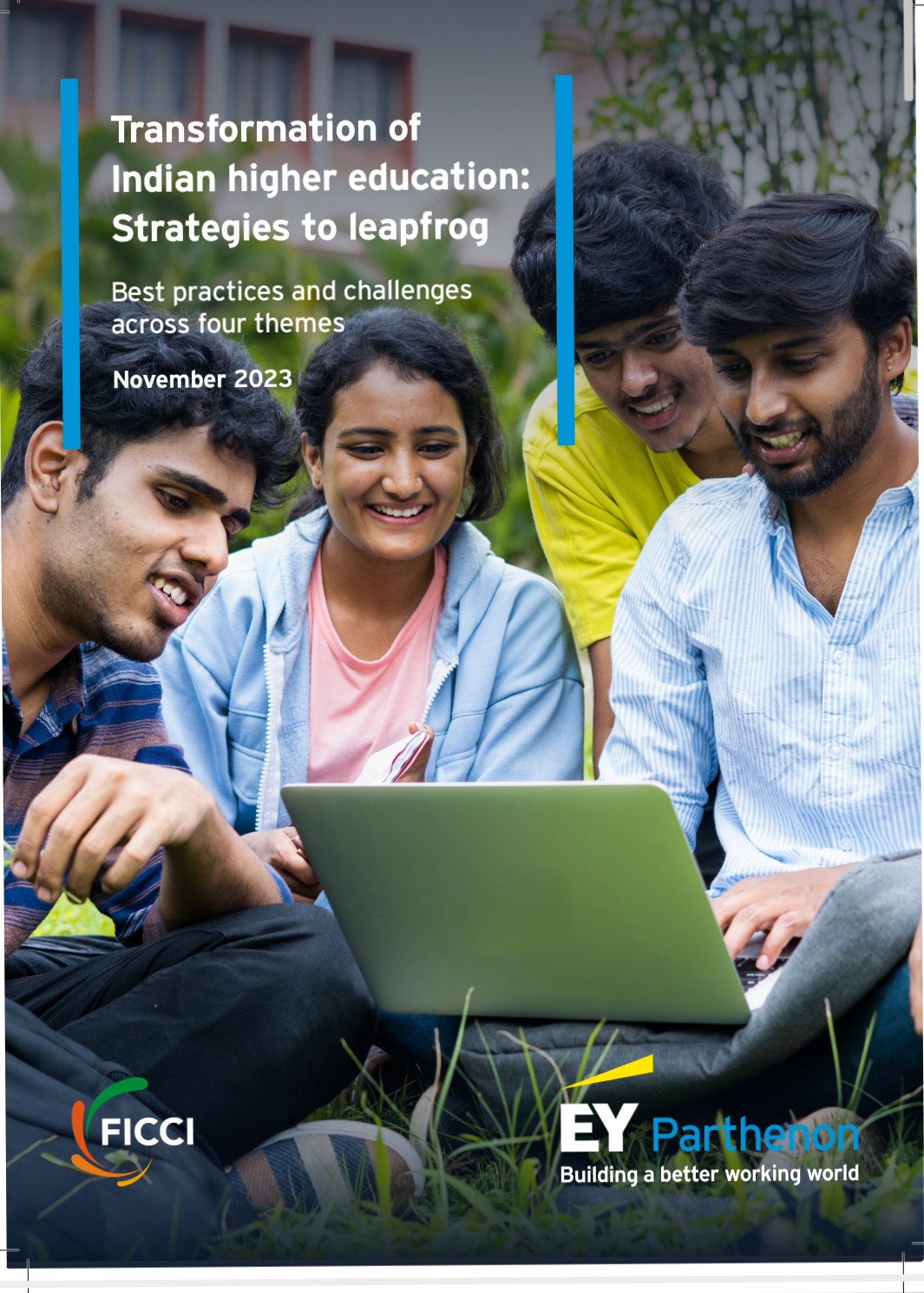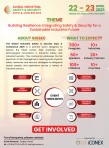- Amsco Fire Ltd Introduces Innovative Water Mist Systems in East Sussex
- Beyond Business Virtual Assistants Announces Exclusive Promo for Three Kings Day
- Sumexus Launches Social Events Transport Service for Elderly in North Texas to Promote Social Engagement and Well-Being
- Luxota Launches White-label Xpert: Empowering OTAs to Elevate B2B Partnerships
- Farmley and Harshit Arora delight fans with ‘Tarbooz Date Bites,’ inspired by Daadu’s heartwarming wish
- Yugen Infra unveils Golf City Near Manohar International Airport GOA
- Corvids India Introduces Versatile and Durable Camping Tables for Outdoor Enthusiasts
- AAFT School of Hospitality and Tourism Presents Cuisines of Lithuania at the 17th Global Film Festival Noida
- The Portable Sealing Machines: Revolutionizing Global Commerce for a Sustainable Future
- Bureau of Debt Settlement Expands Access to Debt Negotiation Services for Financial Relief
- Exhibition of Still Photography Inaugurated at the 17th Global Film Festival Noida
- Matrix to Showcase Future-Ready Security Solutions at Intersec Dubai, 2025
- UK’s Leading Assignment Help Service Shares CIPD Success Tips
- UpgradeMySkill.com Partners with EXIN to Deliver Global IT Certification and Training Courses
- Launch and Jersey Unveil of 1st Edition of Golden Pagoda Marathon 2025
 Mail to a Friend Mail to a Friend |
|
     |
EY-Parthenon in collaboration with FICCI launches a comprehensive report on Transformation of Indian higher education

Delhi, 29 November 2023: EY-Parthenon (EY-P), leading strategy consulting firm, in collaboration with the Federation of Indian Chambers of Commerce and Industry (FICCI), proudly announces the launch of a comprehensive report titled "Transformation of Indian higher education: Strategies to leapfrog." to establish and navigate the industry's journey towards excellence over the next two decades. This report serves as a blueprint for the transformation of India's higher education system, addressing key advancements, challenges, and opportunities to position it as a global leader.
Between September and November 2023, EY-P and FICCI undertook secondary and primary research[1] consulting some of India's top universities.
Basis EY-P's research, the report takes a path-defining view on Indian higher education, digging deep into the sector's advancements, challenges, and opportunities. It unveils four key themes to drive progress in the Indian higher education system including quality education, industry alignment, research and innovation, and inclusivity. It puts forth actionable insights that can be undertaken to transform the higher education system in the country and make it globally competitive.
Dr. Avantika Tomar, Partner & Education Leader, EY-Parthenon India said, "In order to achieve the vision laid down by NEP 2020, India will have to add 26 million more enrolments by 2035. This requires a corresponding increase in staff and infrastructure. There is potential for higher education institutions to capitalize on this opportunity by leveraging policy and technology as key enablers. We had identified the key unlocks required to transform India into a global higher education hub in the 2022 EY Parthenon-FICCI report titled "Higher Education in India Vision 2047". The report had defined five strategic 5-year plans from 2022 ?2047 to achieve the Vision 2047 for higher education. This report builds on last year's report by diving deeper into the first 5-year plan and outlining the key action points for various stakeholders for the next 12 ? 36 months across the themes of quality education, industry alignment, research and innovation and inclusivity. We believe that these four themes will be critical to focus on in the short term to lay down strong fundamentals and catalyze future growth in the sector. We have analyzed India's performance across these themes and compared that with some of the global benchmarks to arrive at recommendations.
Adding to it, Shailesh K. Pathak, Secretary General, FICCI said, "Our country's future will depend on the productivity and skill-readiness of our youth and workforce. This in turn will depend on the quality and supply of excellent higher education, incorporating technological change. The National Education Policy 2020 has a very effective blueprint for higher education in India."
Critical themes of focus on to establish a solid foundation for India, to work towards its higher education goals for the next 25 years.
1. Quality education
The first theme focuses on faculty shortage, limited adoption of technology across higher education value chain, internationalization of Indian HE and overall academic flexibility. Faculty shortage is rampant across all categories of institutions in India, including the IITs and IIMs. There exists a lack of dedicated government policies for the use of technology in higher education. There is also limited integration of digital learning in lower quality institutions. Indian institutions have been slow to expand their global footprint, despite regulations allowing Institutions of Eminence (IoE) to do so. While adoption of Academic Bank of Credits (ABC), which is a key enabler for academic flexibility, is high among universities, it is extremely low among colleges (less than 1%).
India's top priorities hence include increasing the implementation of joint PhD programs in collaboration with the industry, developing a dedicated government policy for technology in higher education, and aligning online course offerings with the National Higher Education Qualification Framework.
2. Industry alignment
Industry-institute partnerships are vital contributors to an institute's growth and are key to achieving India's vision of the top 100 out of 200 higher education institutes being consulting and research partners to industry. Partnering with industry to enable work-related learning opportunities, establishing centers of excellence, co-developing courses, and appointing Professors of Practice are all vital short-term measures. Institutes are also responsible for preparing their graduates to be industry-ready through a variety of career development initiatives to achieve the goal of creating a highly skilled workforce.
3. Research and innovation
India's research spending as % of GDP stands at ~0.7%, placing it behind developing nations such as Malaysia and Thailand, and even further away from the benchmarks set by developed economies such as the United States and South Korea. Indian HE requires a wide variety of industry and government sponsorship programs to boost its research ecosystem. Institutes also need to focus on quality over quantity in their published research work, as India lags behind several developed economies with respect to its H-index score and number of citations per document.
4. Inclusivity
Making higher education accessible to people from all groups and communities is essential to achieving global standards of inclusivity in higher education. Inclusivity cuts across several areas and groups, and includes supporting gender diversity, increasing LGBTQIA+ representation, uplifting economically and socially challenged students, and providing assistive technology to students with disabilities as key priorities.
To build on the goals outlined by Vision 2047, India needs to establish a solid foundation through immediate short-term action plans. To boost Indian higher education to its long-term aspirations, seamless collaboration between government, industry and all levels and higher education institutions is required in the areas identified across the four themes.
About EY Parthenon
With over 6,500 EY Parthenon professionals and 750+ partners across the globe, EY Parthenon is one of the largest strategy consultancies in the world. EY-P help CEOs and business leaders design and deliver transformative strategies across the entire enterprise, to help build long-term value to all stakeholders. With a result-oriented approach, EY-P teams bring experience and scale to each client, helping them to realize their strategies. By connecting teams and technologies from within EY-P and the broader EY ecosystem, EY-P can provide clients with corporate, transaction and turnaround strategies that are actionable and impactful and that help deliver long-term, sustainable value.
Whether it's digital transformation, sector convergence and dislocation, or financial and operational complexities, EY-P teams bring data analytics, leading technology, and digital capabilities to a CEO's toughest strategic issues. In doing so, EY Parthenon teams can move quickly from idea to implementation to help clients realize their strategy with speed and certainty; we call this Strategy Realized.
About FICCI:
Federation of Indian Chambers of Commerce and Industry Established in 1927, FICCI is the largest and oldest apex business organization in India. Its history is closely interwoven with India's struggle for independence, its industrialization, and its emergence as one of the most rapidly growing global economies. A non-government, not-for-profit organization, FICCI is the voice of India's business and industry. From influencing policy to encouraging debate, engaging with policy makers and civil society, FICCI articulates the views and concerns of industry. It serves its members from the Indian private and public corporate sectors and multinational companies, drawing its strength from diverse regional chambers of commerce and industry across states, reaching out to over 2,50,000 companies. FICCI provides a platform for networking and consensus building within and across sectors and is the first port of call for Indian industry, policy makers and the international business community.
User :- Samridhi Chaturvedi
Email :-Samridhi.Chaturvedi@in.ey.com
Mobile:- +91 9717704663











